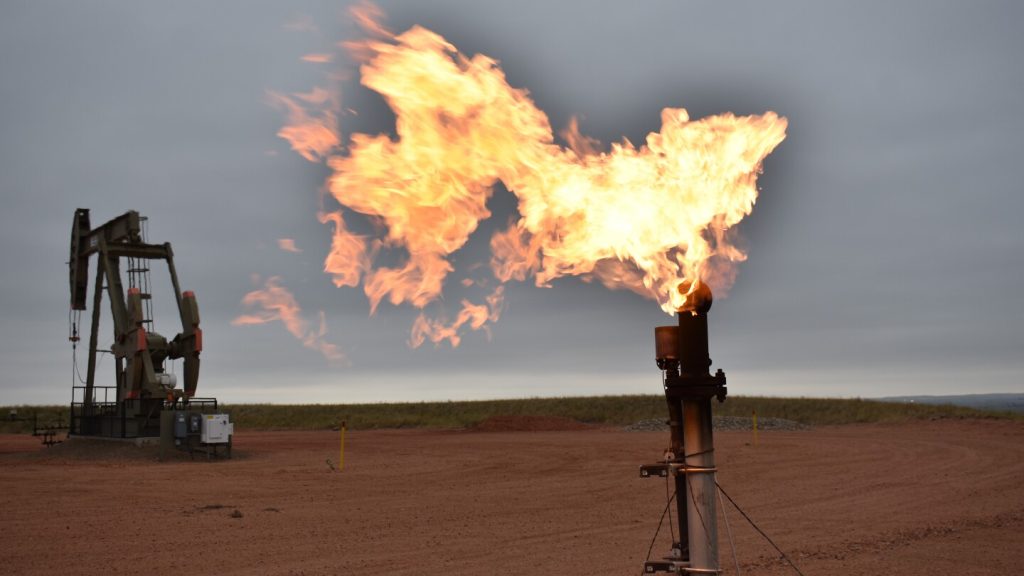In a recent development in North Dakota, a federal judge has issued a temporary block on a new rule by the Biden administration aimed at reducing the venting and flaring of natural gas at oil wells. U.S. District Judge Daniel Traynor ruled that the plaintiffs, including North Dakota, Montana, Texas, Wyoming, and Utah, are likely to succeed in their claim that the rule is arbitrary and capricious. The rule, known as the 2024 Rule, was challenged in federal court earlier this year on the grounds that it would hinder oil and gas production and that the Bureau of Land Management was overstepping its regulatory authority. The bureau argues that the rule is intended to reduce the waste of gas and that royalty owners would benefit from over $50 million in additional payments if it was enforced.
Judge Traynor noted that the new rule would add an additional layer of federal regulation on top of existing regulations and that well operators have already made significant reductions in flaring rates in North Dakota. While natural gas is often produced as a byproduct when pumping for oil, it is less profitable than oil and is usually vented or flared unless specific equipment is in place to capture it. Methane, the main component of natural gas, is a potent climate pollutant that is more harmful in the short term than carbon dioxide. The reduction of flaring requires infrastructure to capture, transport, and utilize the gas.
North Dakota politicians welcomed the judge’s ruling, with state Attorney General Drew Wrigley criticizing the Biden administration for what he sees as overregulation that could harm the state’s energy production capabilities. The ruling is seen as a victory for the oil and gas industry in North Dakota, as it temporarily prevents the enforcement of the new rule that could impact production and revenue. The Bureau of Land Management, which issued the rule, declined to comment on the judge’s decision.
The debate over the new rule highlights the ongoing tensions between environmental concerns and the economic interests of the oil and gas industry. While reducing venting and flaring of natural gas can have environmental benefits by curbing greenhouse gas emissions, it can also place financial burdens on operators who need to invest in infrastructure to comply with the regulations. The outcome of this legal battle in North Dakota could have implications for similar rules and regulations in other states and may influence the direction of energy policy at the federal level.
As the legal proceedings continue, stakeholders on both sides of the issue will be closely watching the developments in North Dakota. The temporary block on the Biden administration’s rule is a significant victory for the states and industry groups that have challenged the regulation. It remains to be seen how this case will ultimately be resolved and what the implications will be for the future of energy production and environmental regulation in the United States.


